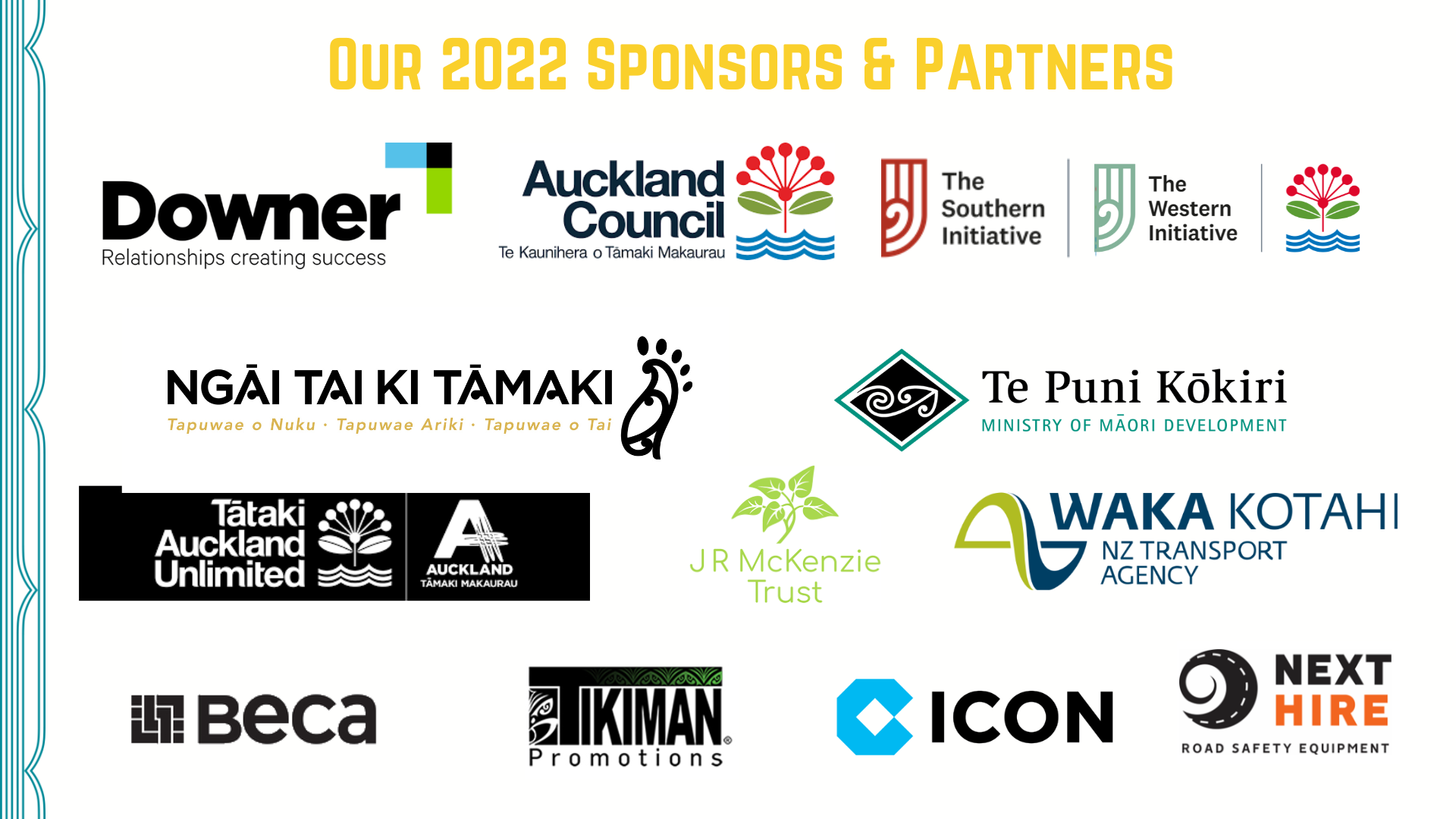Amotai moving supplier diversity from concept to action
11th Oct 2022, by Amotai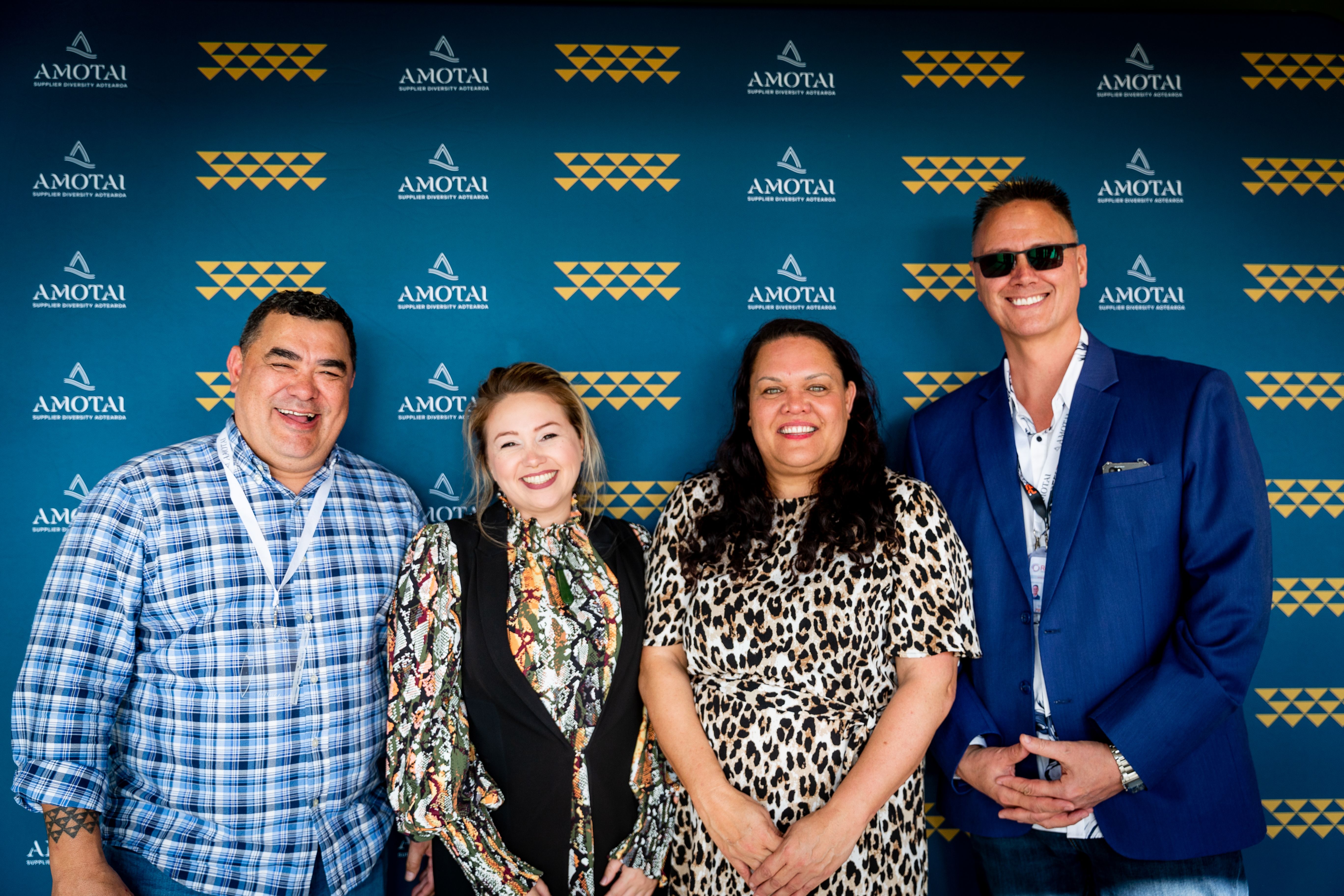
Supplier diversity is becoming more normalised in Aotearoa/New Zealand. Central and local government organisations who do not have a supplier diversity policy AND practice are quickly becoming dinosaurs in the procurement space.
At the inaugural Supplier Diversity Summit 2021, very little was known about the concept of supplier diversity, let alone how to include it into procurement processes. Twelve-months on, supplier diversity is out the gate and is re-engineering the playing field for Māori and Pasifika businesses.
Government, corporate, Iwi and business leaders attended the two-day summit at Formosa Resort (Beachlands) in late September. The Hon. Willie Jackson’s excellent opening comments were followed by Dr. Kiri Dell, Senior Lecturer, University of Auckland and Laurence Pidcock, General Manager of NZ Government Procurement.
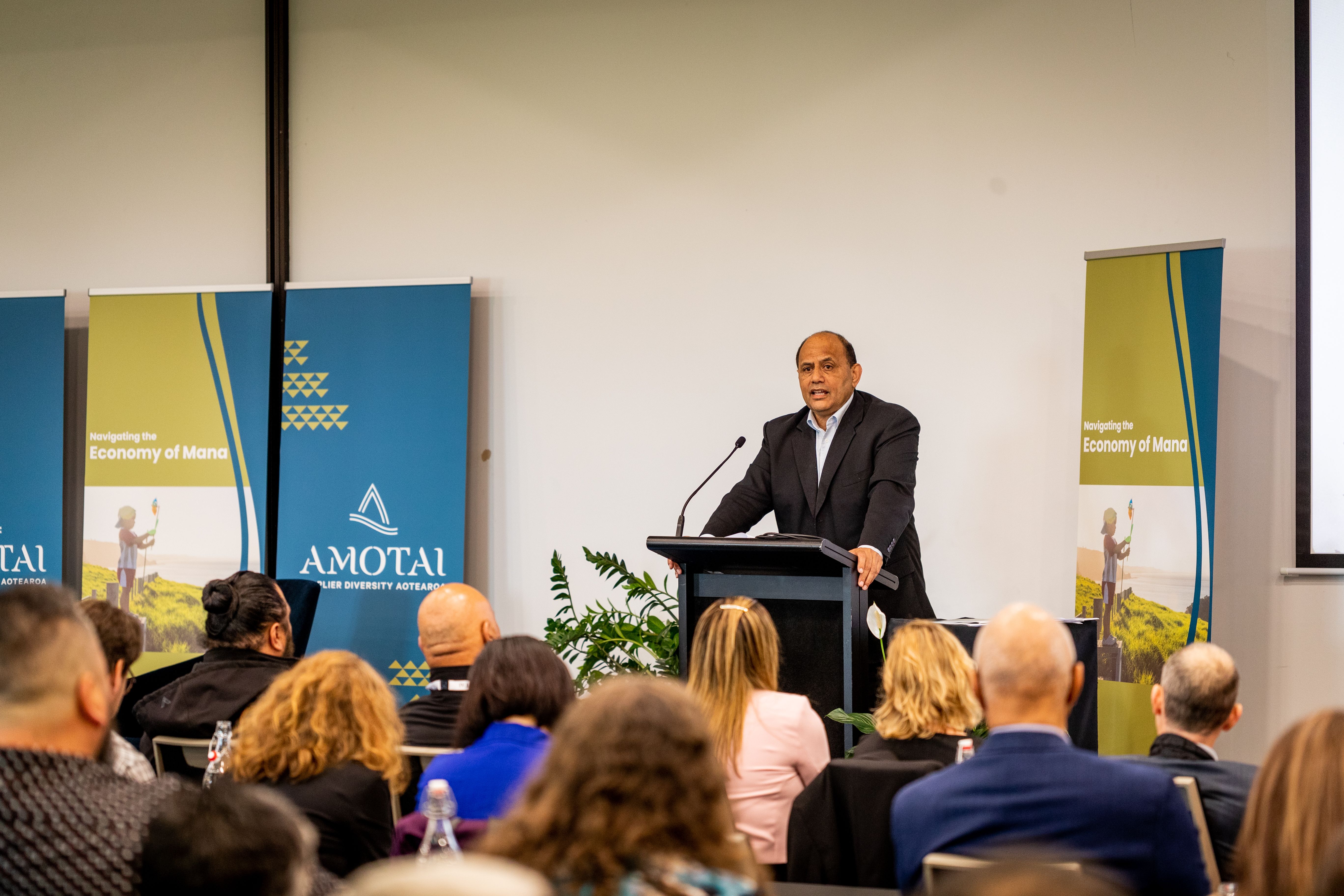
‘Navigating the economy of mana’ was the theme of this year’s summit, and Minister Jackson acknowledged the late Dr. Manuka Henare for his inspiration. “Our economic development needs to be built on enduring values and practices,” says Jackson, “and the mahi of progressive procurement fits with the theme of this year’s summit and supplier diversity is growing the economy of mana.”
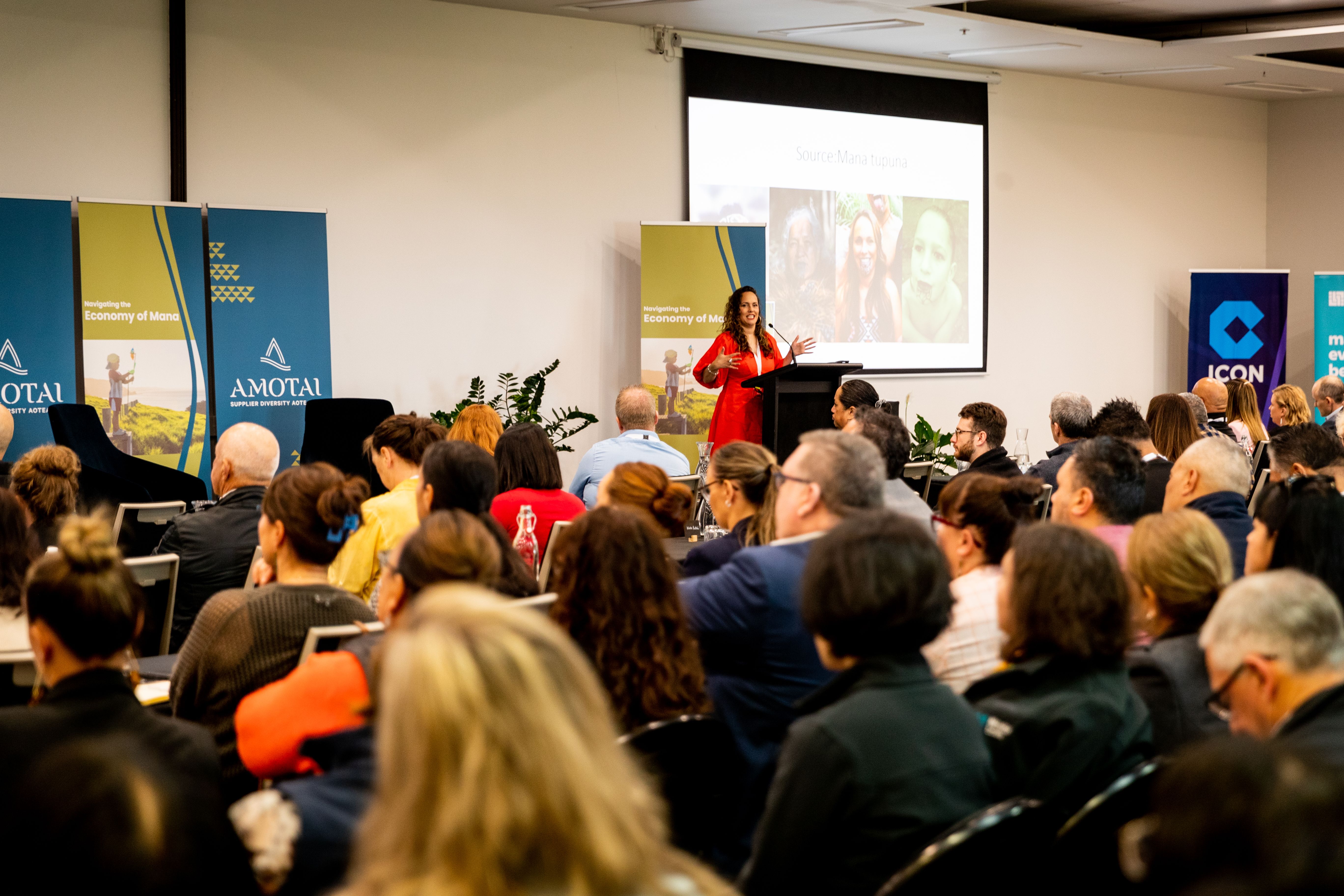
Having worked under the tutelage of Manuka Henare, Kiri Dell has further contributed to Henare’s work and carried out extensive research that expands on the economy of mana. Dell highlighted that the Māori economy has been resilient despite the forces that have worked against Māori. “The economy of mana is an economic system that is influenced by mana-enhancing interactions between people and the environment.” Dell goes on to say, “All generations are represented in the economy of mana through our collaborative and relational approaches to each other and the environment.”
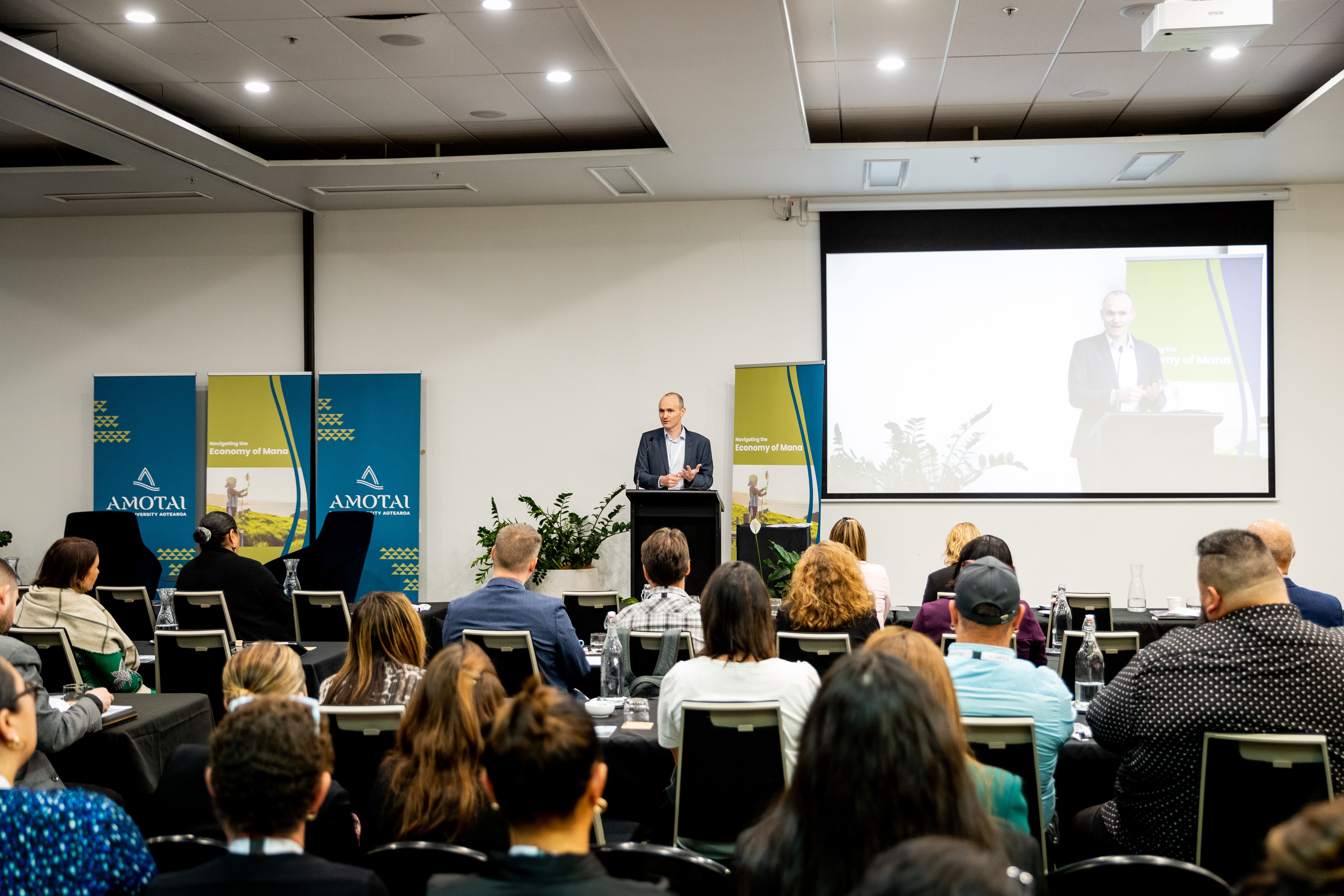
After nearly 2 years in his critical role, Pidcock has undertaken a deep-dive into the government procurement processes including how to be more inclusive of Māori and Pasifika suppliers. Pidcock admits there are systemic areas such as data and reporting that need to be more robust but is committed to achieving broader social outcomes through procurement. “We wanted to design a system that is responsive. Procurement is a complex and complicated system and to get change, we need to build a coalition of the willing.” He goes on to say, “None of us can do this on our own, we all have to think differently and act differently. It’s about finding what works and promulgating so others can learn.”
“Amotai has worked really hard to support government agencies and corporates to shift discussions to actions and we’re privileged to have these powerful speakers and facilitators sharing their insights of what they’re doing to contribute to an economy of mana,” says Ariana Paul, Manukura of Amotai. “I believe people have definitely left with some practical tips and hacks they can take back to their organisations about supplier diversity, and that’s what we wanted.”
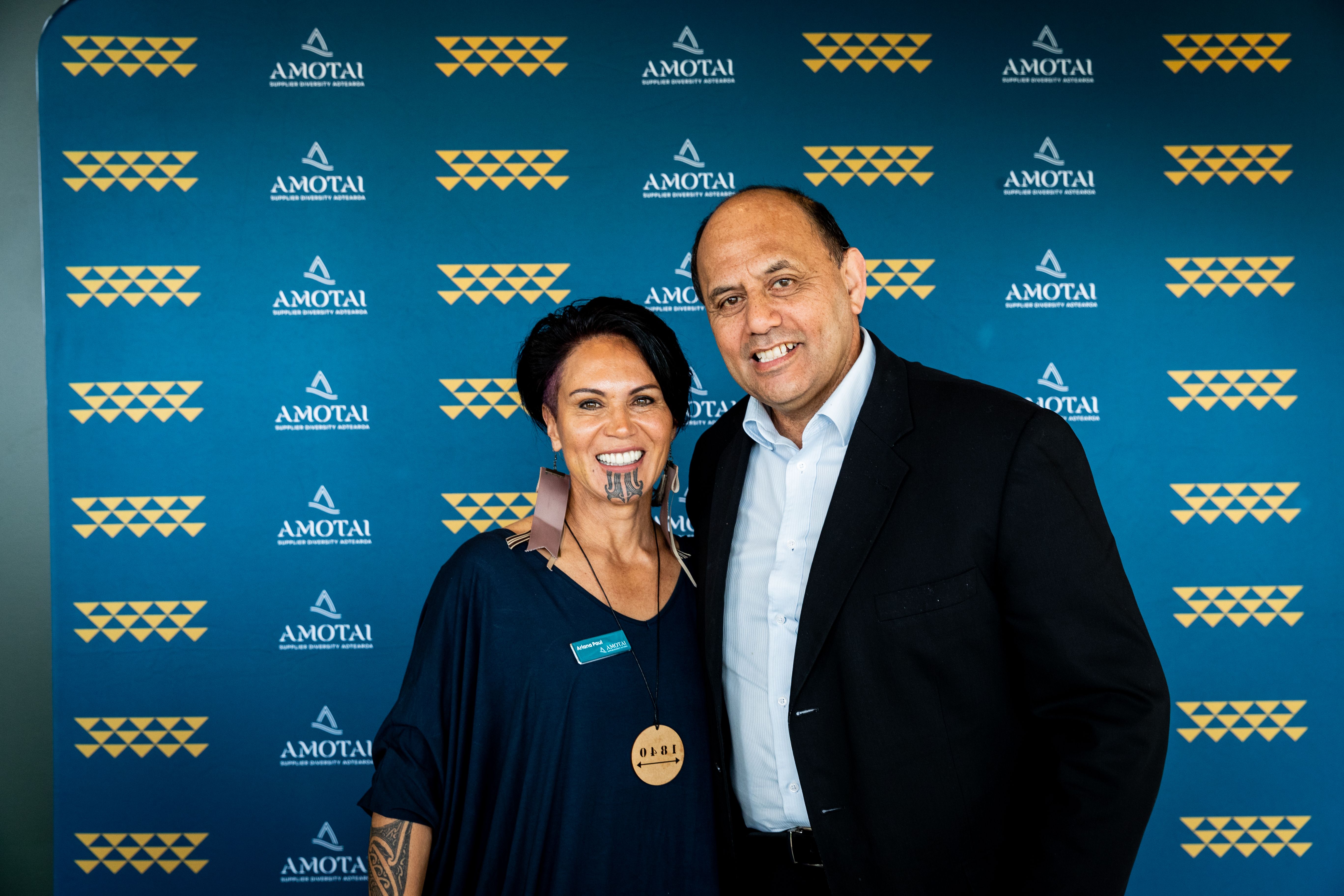
When asked what she thinks the future holds, Paul responds positively, “Part of growing this kaupapa is about sharing the successes and failings and being real about how long this kaupapa will take to grow in Aotearoa. Other countries have had at least four to five decades of embedding supplier diversity – we’re only in our second year, so we’ve got to pat ourselves on the back for how much has been done up until now. There is more to do, but we are taking steps and leaps in the right direction.”
Amotai wishes to thank everyone that has contributed to this year’s summit, co-hosts Ngāi Tai ki Tāmaki, sponsors, special guest speakers, and Māori and Pasifika business owners. Next year’s summit will most likely be in Te Whanganui-a-Tara (Wellington) in around September 2023.
